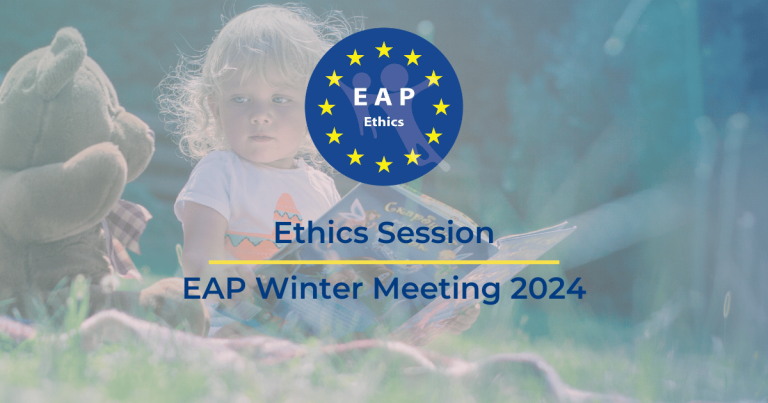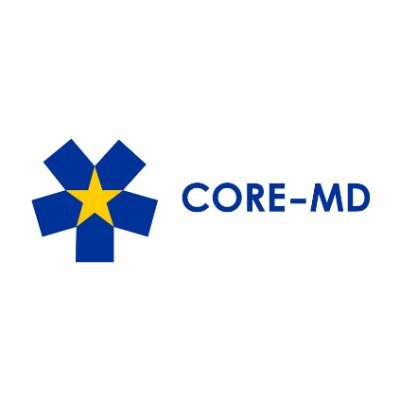Ethics SAG – EAP Winter Meeting 2024
December 16, 2024

Highlights of the Ethics SAG discussions at the 2024 Winter Meeting included challenges in paediatric transplantation, ethical considerations in air quality and child health, and the importance of advancing education on ethics across Europe.
Paediatric Organ Transplantation: The SAG highlighted ongoing disparities in access to organ transplantation for children with neurodisabilities or chromosomal anomalies. The group aims to address these ethical challenges through collaboration with European organ transplantation societies, working toward a position statement advocating for equitable referral and treatment practices.
Air Quality and Child Health: Discussions emphasised the ethical duty of paediatricians to advocate for policies that reduce air pollution, recognising its significant impact on children’s health. This aligns with ongoing SAG efforts to integrate environmental health into paediatric ethics education.
Transition in Complex Care: Addressing the transition of children with ethically complex treatments (e.g., post-transplant or high-cost innovative therapies) to adult care was a central focus. The SAG called for the development of European standards to ensure a smoother transition and continuity of care for these vulnerable patients.
Children’s Rights in Healthcare: The SAG reaffirmed its commitment to embedding children’s rights into every aspect of paediatric care. This includes plans to adapt Belgian standards on children’s rights for Europe-wide application, ensuring consistency and clarity across member states.
Ethics Education: Recognising gaps in ethics training for paediatricians, the SAG announced plans to develop webinars and educational resources. These will cover topics such as air quality, ethical support in practice, and complex decision-making.
Clinical Management of Gender Dysphoria: The session also marked the release of the SAG’s statement on gender dysphoria, an issue that continues to evolve across Europe. The publication encourages a balanced, evidence-based, and child-centred approach to care, addressing an area of significant ethical complexity.
The discussion on gender Dysphoria comes at a pivotal moment, as several European countries, including the UK, Sweden, and Finland, are adopting more cautious approaches to paediatric gender-affirming treatments.
In an interview with Euronews on 13 December 2024, Joe Brierley (Ethics Chair) commented on the UK’s new regulations banning puberty blockers for children outside of approved research settings.
Looking ahead
2025 and Beyond
The SAG’s 2025 initiatives will contribute significantly to shaping paediatric healthcare policy and practices, ensuring a balance between advancing medical innovation and upholding ethical standards. Stay tuned for updates on these impactful projects.


